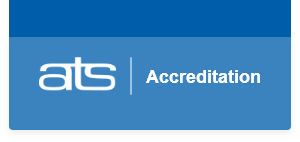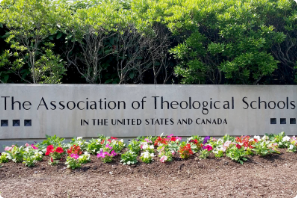The Association of Theological Schools in the United States and Canada (ATS) has a membership currently consisting of more than 270 schools, including Protestant, Roman Catholic, Orthodox,
and Jewish graduate schools of theology that reflect a broad spectrum of doctrinal, ecclesiastical, and theological perspectives within the Christian and Jewish faiths. The mission of ATS is
to promote the improvement and enhancement of theological schools to the benefit of communities of faith and the broader public. The ATS staff supports the mission by providing
accreditation as well as programs and resources for those who work at member schools.




